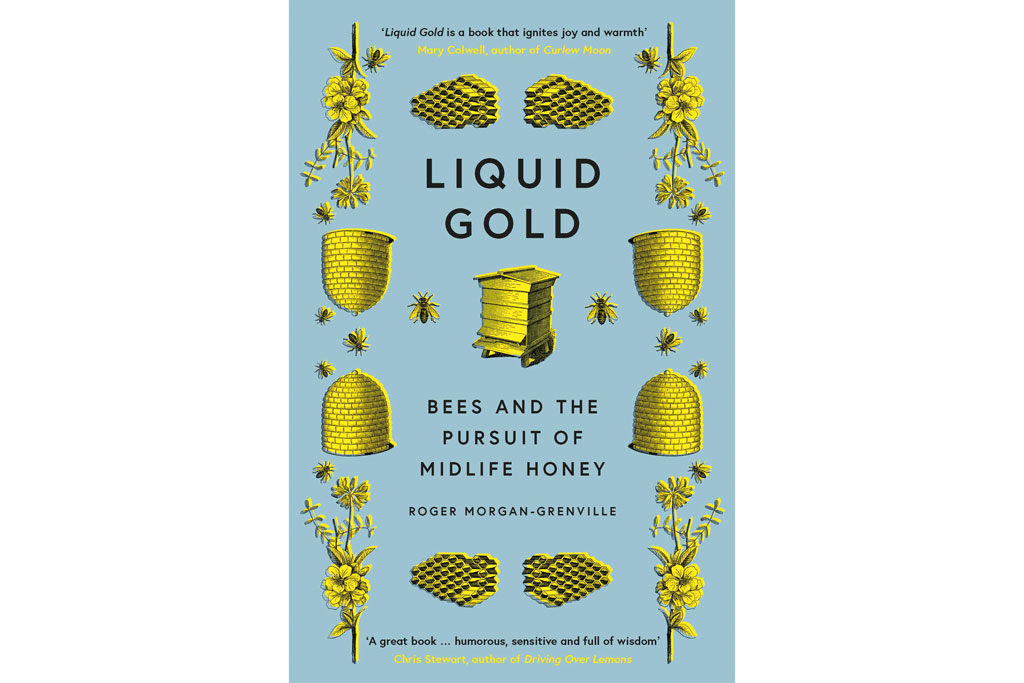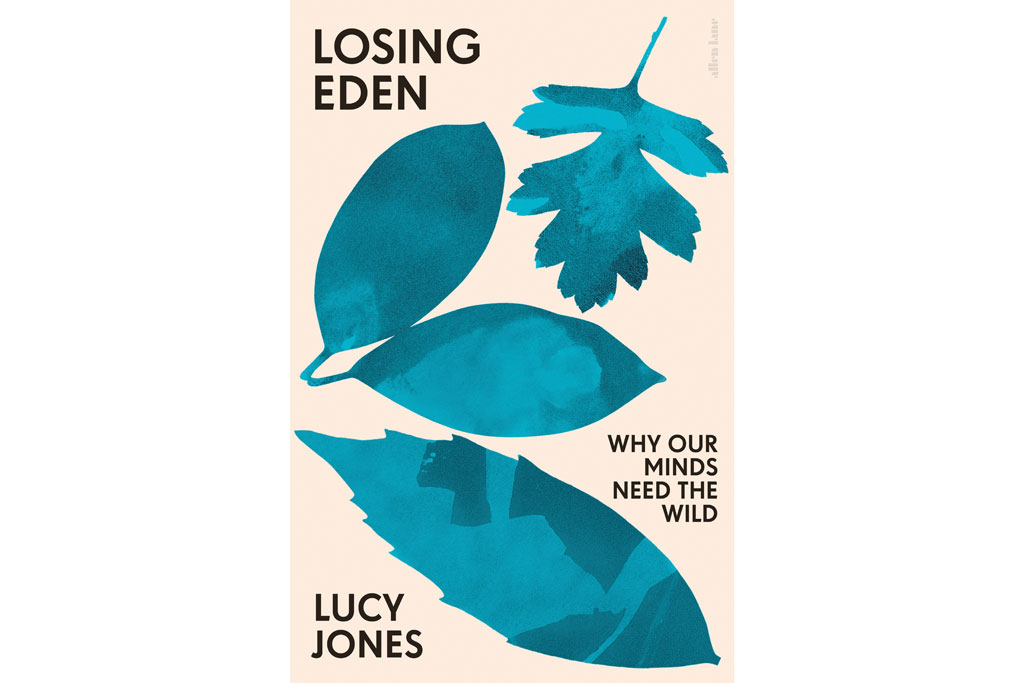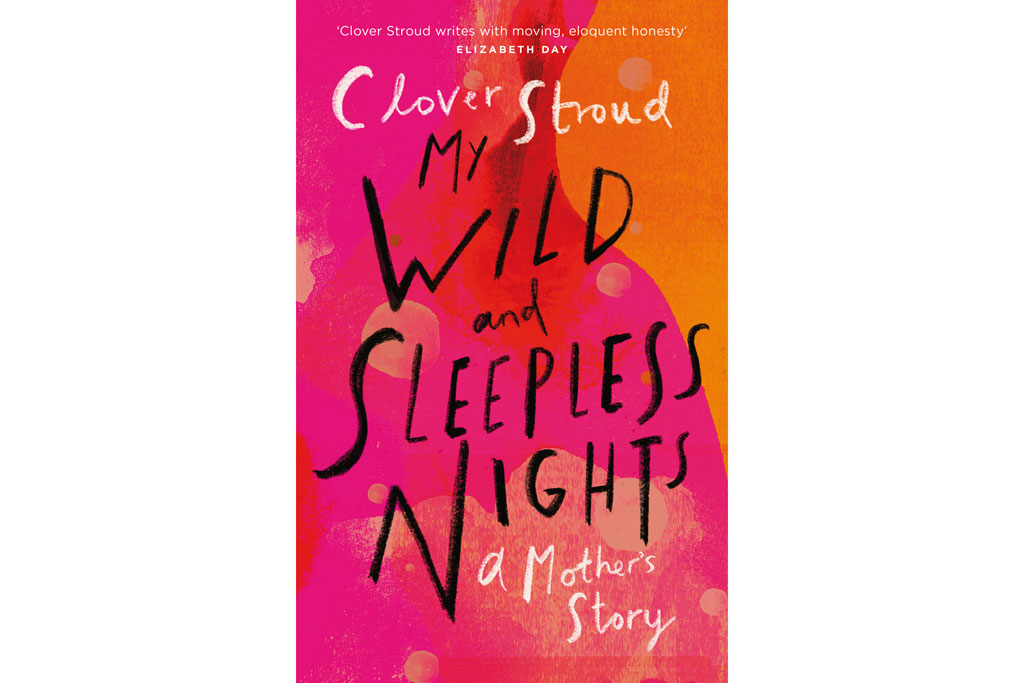Good Reads: Back to Nature
Book Editor Richard Hopton's picks for May/June
This post may contain affiliate links. Learn more
Richard Hopton reviews three books on meditation, the power of nature, and one brutally honest account of motherhood.
Bees are essential to life. As many as 150 crops – many of them staples – rely upon bees to survive; of these, honey is only the most obvious. Roger Morgan-Grenville’s Liquid Gold (Icon, £12.99) is a delightful exploration of the world of bees and their honey.
Ostensibly an account of his adventures as a bumbling novice beekeeper, is it in fact about much more than that. It’s in part an essay – its knowledge lightly worn and gently imparted – about the importance of bees to our very existence and the necessity of doing something, anything, to arrest the decline in their numbers. As Morgan-Grenville writes, their plight is a serious problem but ‘they never quite make it to the top section of mankind’s to-do list.’
The book is also a hymn to the life-enhancing connection with the natural world that helped Morgan-Grenville reconcile himself to the fading of the light that is middle age. Along the way, we learn much about the arcane art of the apiarist and get a glimpse into the world of competitive honey shows. Much of the humour springs from the conflict between millennia of evolution, centuries of beekeeping lore and the new-found enthusiasm of two amateurs.
The importance of our connection – or lack of it – to the natural world is the subject of the next two books, Lucy Jones’ Losing Eden (Allen Lane, £20) and Alice Vincent’s Rootbound (Canongate, £14.99). They tackle the subject in very different ways, but their arguments remain essentially the same: our lives would all benefit from a greater awareness of the rhythms of the natural world. In a highly urbanised world, we are in our daily lives, greatly to our detriment, too far removed from nature.
Losing Eden is an absorbing book that presents a lot of scientific and other evidence that a connection with the natural world is vital to our mental wellbeing. Jones attributes much of her recovery from alcoholism to the power of nature. Its balm is, or should be, an essential element of a balanced modern life. The book is more than just a scientific treatise: Jones writes beautifully about nature and her own experiences of its healing powers and there is much discussion of ecological issues. At one point, science is abandoned altogether when she goes for a walk with the Chief Druid on the South Downs.
Rootbound ploughs the same furrow, demonstrating that the consequences of the alienation of modern life from nature can be tackled by growing a few plants in pots on the balcony of a flat in south London. Vincent was a busy music journalist, living a hectic millennial existence but felt ungrounded so she began gardening – ‘strange and dowdy, a habit enjoyed by the elderly or the tedious’ – with unexpected results. Vincent’s book is an enjoyable cocktail of memoir and botanical history but also an ode to the restorative power of nature.
Clover Stroud’s My Wild and Sleepless Nights (Doubleday, £16.99) is both a memorial of motherhood and a report from the front line of childrearing. It is a precise and blisteringly honest account, beautifully written, of the pain and the boredom as well as the rewards of motherhood. She distils its complex emotions and its contradictions: the love and the contentment, the tedium and the resentment, the isolation and the relentless work. Above all, perhaps, it defines and explains the absolute, unconditional love a mother will always bear her children, come what may.
Featured image: Ben White via Unsplash
READ MORE:
Books for Hopeless Romantics / Lockdown Long Reads to Tackle Now / 10 Books to Escape the World With




